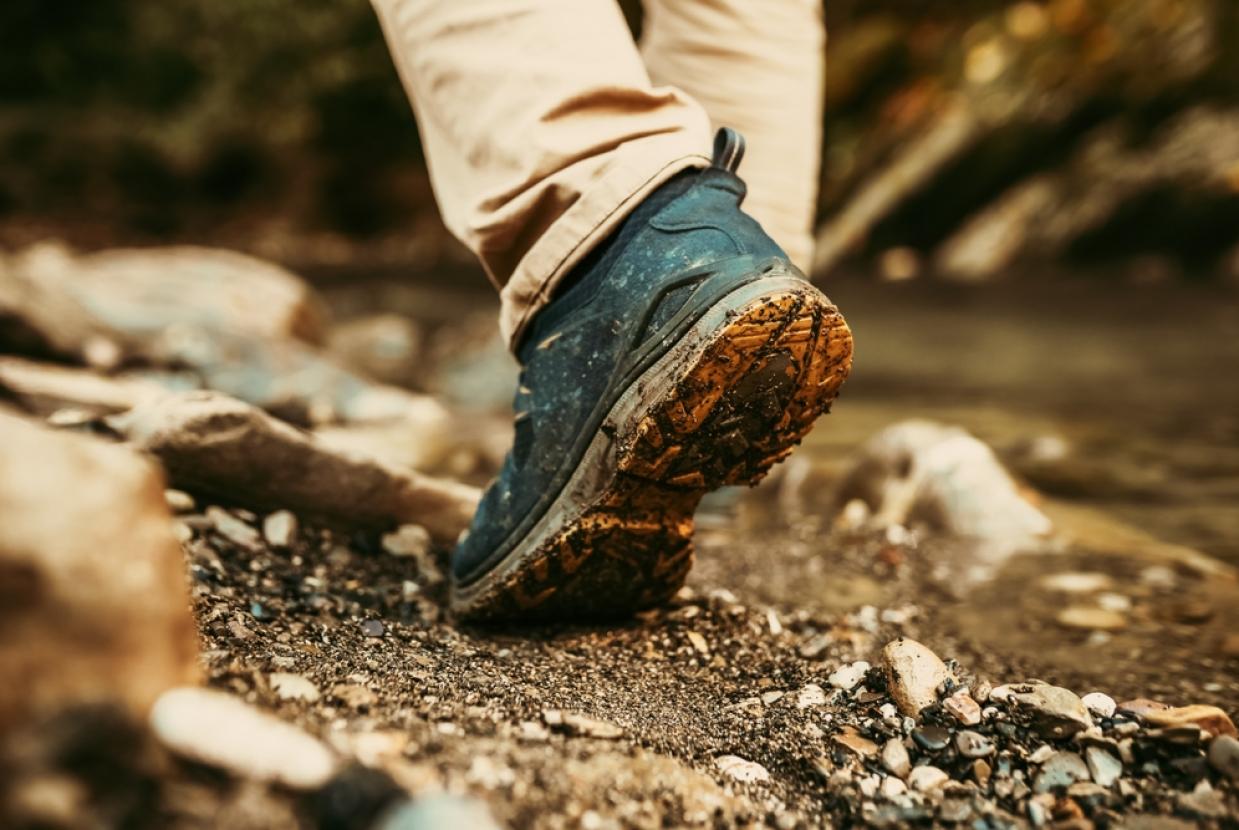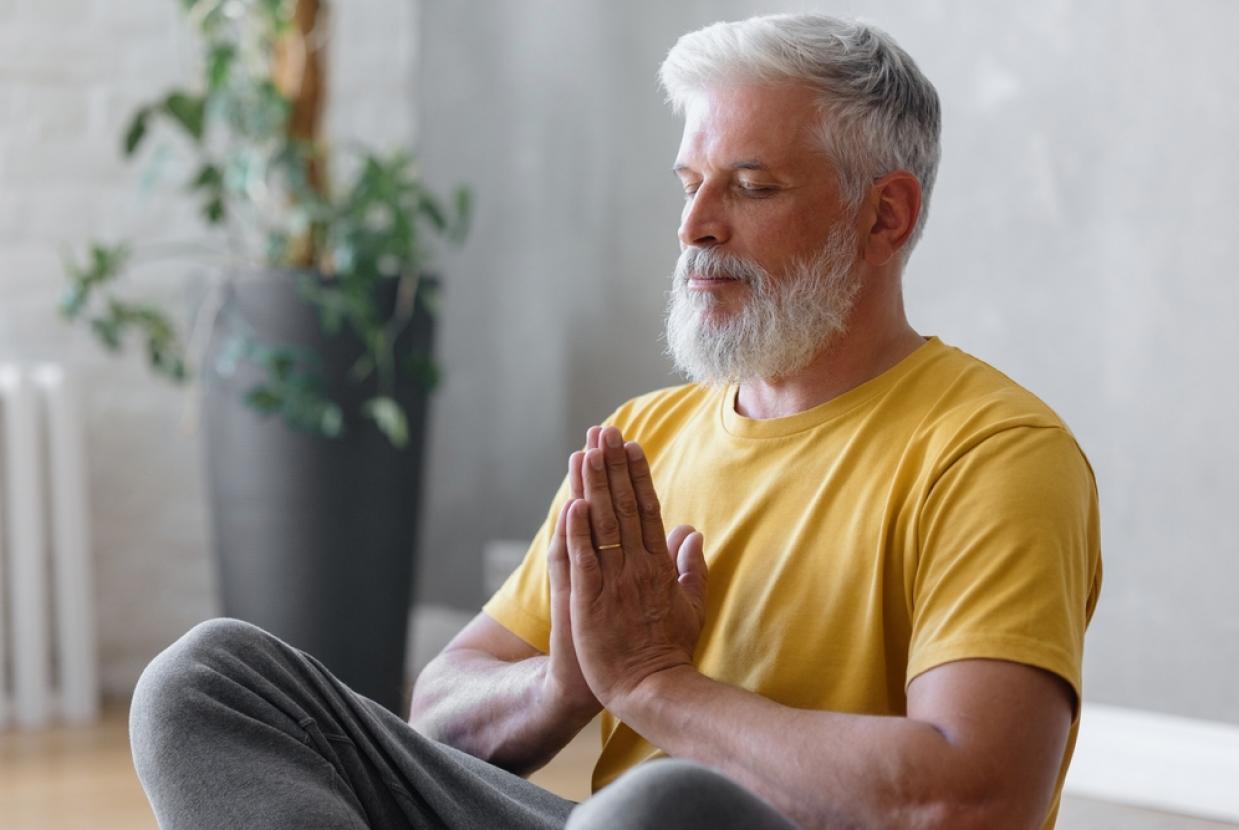Flu
Flu will often get better on its own, but it can make some people seriously ill. It's important to get the flu vaccine if you're advised to.
Check if you have flu
Flu symptoms come on very quickly and can include:
- a sudden high temperature
- an aching body
- feeling tired or exhausted
- a dry cough
- a sore throat
- a headache
- difficulty sleeping
- loss of appetite
- diarrhoea or tummy pain
- feeling sick and being sick
The symptoms are similar for children, but they can also get pain in their ear and appear less active.
How to treat flu yourself
If you have flu, there are some things you can do to help get better more quickly.
Do
- rest and sleep
- keep warm
- take paracetamol or ibuprofen to lower your temperature and treat aches and pains
- drink plenty of water to avoid dehydration (your pee should be light yellow or clear)
A pharmacist can help with flu
A pharmacist can give treatment advice and recommend flu remedies. Do not take paracetamol and flu remedies that contain paracetamol at the same time as it's easy to take more than the recommended dose.
Antibiotics
Antibiotics do not work for viral infections such as flu. GPs do not recommend antibiotics for flu because they will not relieve your symptoms or speed up your recovery. You or your child have symptoms of flu and:
- you're worried about your baby's or child's symptoms
- you're 65 or over
- you're pregnant
- you have a long-term medical condition – for example, diabetes or a condition that affects your heart, lungs, kidneys, brain or nerves
- you have a weakened immune system – for example, because of chemotherapy or HIV
- your symptoms do not improve after 7 days
How to avoid spreading the flu
Flu is very infectious and easily spread to other people. You're more likely to give it to others in the first 5 days. Flu is spread by germs from coughs and sneezes, which can live on hands and surfaces for 24 hours. To reduce the risk of spreading flu:
- wash your hands often with warm water and soap
- cover your mouth and nose with a tissue when you cough or sneeze (if you do not have a tissue, cough or sneeze into the bend of your elbow, not into your hand)
- bin used tissues as quickly as possible
Try to stay at home and avoid contact with other people if you have a high temperature or you do not feel well enough to do your normal activities.



































